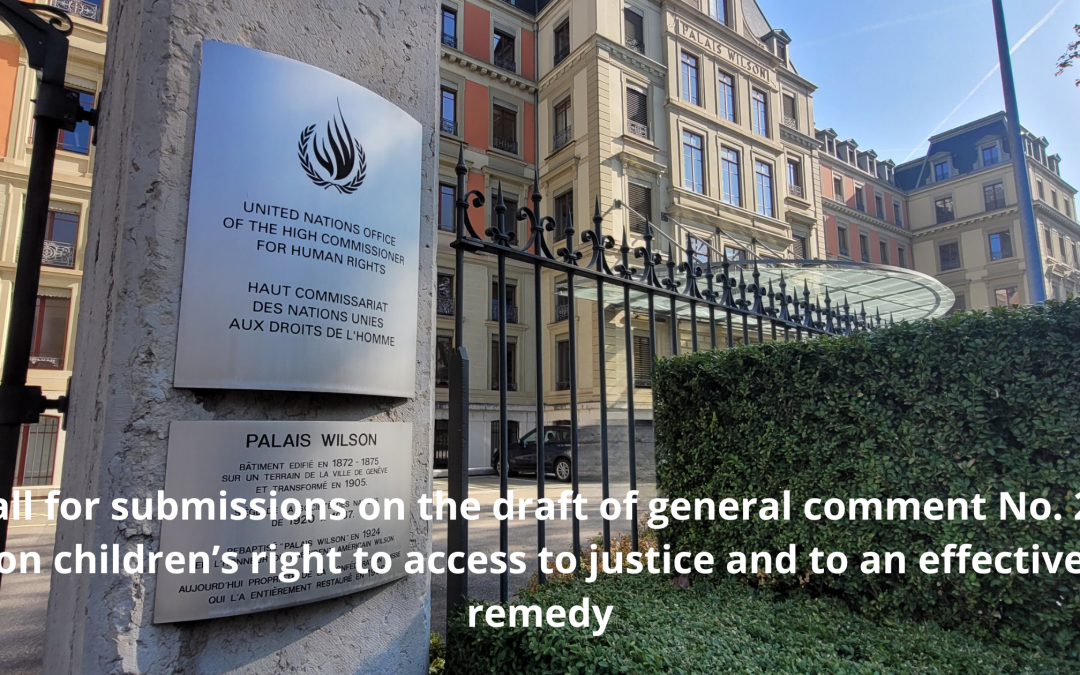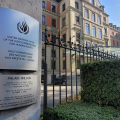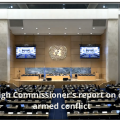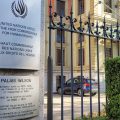A group of experts on children submitted a contribution on behalf of CAP Liberté de Conscience to the United Nations Committee on the Rights of the Child in response to its public call for contributions on draft general comment No. 27 (2025) on the right of children to access justice and effective remedy. The call for contributions is available on the OHCHR website.
The experts submission highlights several systemic failures in France that severely hinder children’s effective access to justice and remedy, particularly in cases of intra-family violence. The report analyzes these failures through the lens of the Draft General Comment’s provisions and proposes concrete recommendations for improvement.
Lack of Effective Remedies in Cases of Domestic Violence
The report identifies a critical lack of effective remedy for children victims of intra-family violence. It notes that French courts sometimes place or maintain a child in the custody of the parent alleged to be the abuser, despite credible reports of violence. This practice, which contradicts the principle of the best interests of the child (Art. 3, CRC), has been criticized internationally. The submission argues that this constitutes a failure to provide an effective remedy and violates the child’s right to be heard and protected. In line with paragraph 15(b) of the Draft GC, the report proposes mandatory measures to suspend contact with the accused parent pending a thorough investigation, ensuring no interim decision causes irreparable harm.
Deficiencies in Judicial Expert Reports
The submission points to serious deficiencies in the quality and scientific rigor of court-ordered psychological and social expert reports. It notes the recurrent use of discredited concepts, such as “Parental Alienation Syndrome” (PAS), to discredit the testimony of protective parents and children, thereby diverting attention from allegations of abuse. This undermines the child’s right to a competent and impartial mechanism, as emphasized in paragraph 15(f) of the Draft GC. Recommendations include establishing a national registry of certified experts, enforcing a strict methodological charter that bans non-scientific theories, and strengthening the right to challenge expert findings.
Judicial Misconduct and Violations of Children’s Rights
The report documents concerning judicial practices by some family court judges that deviate from national and international law. Key issues include the summary dismissal of complaints, a reversal of the burden of proof onto the protective parent and the child, and a failure to adequately consider the child’s views. These practices violate children’s rights under Articles 3 and 12 of the CRC. The submission, referencing paragraph 27 of the Draft GC, calls for specialized training for judges on children’s rights and trauma, an obligation to hear the child and justify decisions, and the establishment of accessible complaint mechanisms for judicial misconduct.
Opaque Practices of Child Protection Services (ASE)
The submission further criticizes the lack of rigor, objectivity, and transparency in reports and assessments produced by France’s child protection services (Aide Sociale à l’Enfance – ASE). It states that biased or inaccurate social reports heavily influence court decisions, yet families struggle to correct errors due to a lack of timely access to files and the absence of their authors in court. To align with the principles of due process and a fair hearing (para. 15(f), Draft GC), CAP Liberté de Conscience C recommends creating a national framework for objective assessments, guaranteeing families’ access to reports well before hearings, and implementing external audits of ASE practices.






